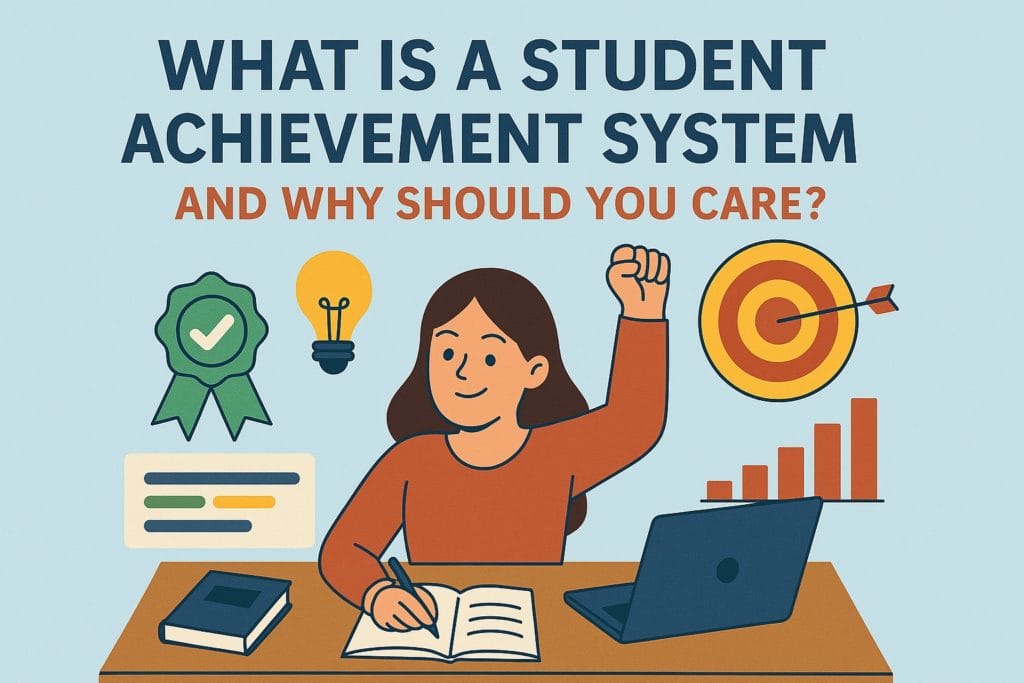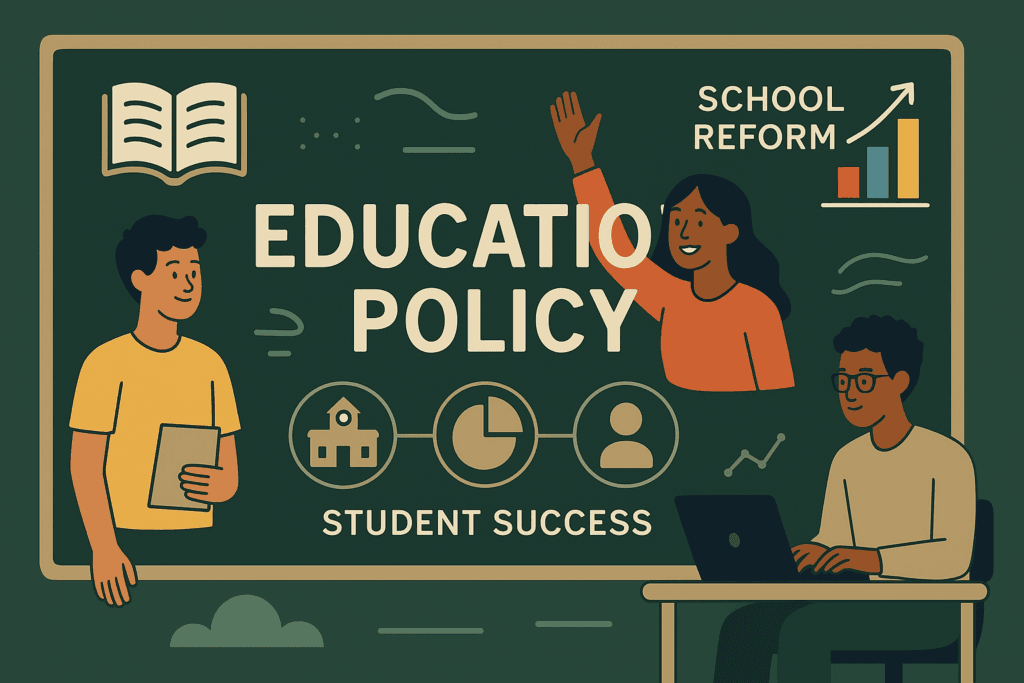
Critical thinking is one of the skills that every student should possess through their study years and use later in their lives. Critical thinking is all about having your opinion and putting logic into everyday life while being able to analyze the world around you.
Many school and college assignments aim to teach a student to think critically. Moreover, many teachers and professors emphasize the importance of being able not to remember the facts, but to be able to evaluate them. Understanding how to put your knowledge into practice is as important as the knowledge itself.
So, what does critical thinking teach us? It shows us how to see the correlation between things, understand the nature of the phenomenon and its cause and effect, and solve challenging problems using your logic. But if critical thinking is so important, why there is no such class in your school or college? Well, because this is a skill that students are expected to have or develop while working on their assignments.
However, we believe that there is a lot you can do in order to improve your critical thinking. We have created a list of the best tips and habits that will help you. Let’s start!
Understand Critical Thinking
Critical thinking as a skill or ability to process information and applying it to everyday life can be divided into a few particular components, such as:
- Observation
- Communication
- Listening
- Analyzing
- Reasoning
- Applying
So, while all of these components blend together, creating critical thinking, it’s important to develop each of them separately too. Let’s take, for example, listening. It’s crucial to be a good listener in order to improve your critical thinking because it means hearing another person’s opinion and treating it respectfully. So often we meet people who just can’t embrace other points of view different from their own. That is the opposite thing that you need to do when developing your critical thinking, as it is, first of all, the process of broadening your views and your mind.
Each of the components above is important, and you should work on all of them. What can you do to do that? Keep reading to learn about the best practices.
Ask Questions
There is nothing wrong with asking questions, even basic ones. We are so concerned with the image and impression we give that the majority of us are afraid to look stupid and ask simple questions. However, it is totally wrong. A critical thinker asks questions even if they are not that deep and erudite, but fundamental and basic instead.
When you need to solve the problem, the more information you have, the better. Filling in the blank spots is the way to find the best solution. You might be overlooking or missing some very important detail that makes a problem look unmanageable, but once you know the answers to your questions, everything starts to be clear and easy.
So, what does this rule really mean? You are probably now imagining some intrusive and annoying guy who is always there to bombard you with questions that you don’t even the purpose of. Actually, it’s not about that. This rule is not about asking questions just for the sake of it but to be not afraid of asking one when you feel like there is something more to the topic.
So, what are the reasons to ask questions? Here are a few:
- Sometimes we are very sure about our knowledge, but once we talk to another person, we discover totally new things and ways that we have never thought about.
- You don’t have to assume. When you ask a question, you know for sure.
- You can look at the whole picture and not only at one part of it.
- You discover more and become more knowledgeable.
Investigate
As mentioned earlier, digging deeper into the topic and finding more details is what makes a person more knowledgeable and sharp-minded. What separates a critical thinker from an average person? He or she doesn’t just believe any information consumed but investigates and learns more about doubtful (or even basic) information.
What does it mean? The best example of being opposite to a critical thinker is to believe gossip from cheap magazines. A critical thinker will always investigate the truth or check other sources of information before making any assumptions or conclusions.
Be Aware of Biases
Self-reflection is an inalienable part of critical thinking. It’s always easy to critique someone else, but it’s hard to critique yourself.
Your mind might be not as objective as you think it is. And while many people are sure that they make justified and proper conclusions, psychology tells us the opposite. The human brain is constructed to be fast in order to keep us alive. Thus, it can quickly analyze the surroundings and make snap conclusions and decisions. However, the majority of these conclusions are too subjective and one-sided.
To be biased means to make assumptions and conclusions based solely on your personal judgment. Being a critical thinker means confronting the fact that you might have such biases and working on them. Ask yourself questions on why you came to such a conclusion or why you made such a decision. Try to understand what leads you – a stereotype, previous experience, or rational thinking. This way, you will succeed in becoming less biased.
Being unbiased is also essential not only in real life but also when writing various types of assignments. A professional team of writers knows how crucial it is to stay objective when creating an analytical or argumentative essay.
Understand Cause and Effect
Thinking before acting is one of the wisest strategies to stick to. Whenever you need to make a decision in your life, you need to think about:
- The purpose
- The consequences
- The rationality
- The arguments for and against this decision
It’s great to understand why you make mistakes and how to avoid them in the future. When rationalizing and actually thinking through your decisions, you can achieve this goal.
When making a decision, what you need to understand is that everything has its cause and effect, every action has its consequences that sometimes are not worth the effort. When you make a decision towards some particular topic for your research paper, you have to comprehend the difficulties that you might face when digging into this topic.
Cause – Thinking in Reverse
If you have ever read Arthur Conan Doyle’s novels about Sherlock Holmes, you might remember an unbelievable and outstanding skill of deduction that was the base for the detective’s method of solving cases. Some of the key elements of deduction are worth paying attention to.
For example, an ability to think in reverse, unraveling the knot to its start, is what differs a critical thinker. It’s all about analyzing the problem or phenomena and finding what caused them. You can analyze everything that you observe or face in your daily life. You can even analyze your own actions from your past and understand what caused them.
Effect – Developing Foresight
You can also try to predict the impact of your choices. Not with a crystal ball but with logic. Many sharp-minded people are able to think ahead and even make small predictions based on their observations and analysis solely.
You can develop your foresight by trying to predict what a small decision will lead to. For example, if you decide to sleep through your morning classes, you will get bad grades. Simple enough, right? But this is actually an example of a basic prediction – a well-known effect of a particular action. But what about something more complicated?
Let’s take, for example, a student who decides to cheat on his exams. There are two possible endings of such a scene. He might be caught doing it or might be not. In this case, he should apply his critical thinking and analyze his chances of being caught and facing all the consequences of such a decision. Will he be punished? Surely. Will he be expelled? He might be. Will he lose the trust of his teacher? Absolutely.
Understanding the effects of the decisions and predicting possible troubles and consequences is what differs a person with developed critical thinking and also helps in life a lot.
Why Do You Need to Develop Critical Thinking?
So, here were our tips and methods to use if you want to develop your critical thinking. But why do you need that, and how can it help you?
A lot of assignments that you complete aim to teach you how to analyze information, express your thoughts, and develop your ideas. But what is more important, to be able to make your own point of view, think for yourself and be rational when making decisions.
So, critical thinking is what combines all of these things. You use it when you analyze information for your project or when you come up with a thesis statement, conclusion, etc. You actually use it every day, even not noticing it. By developing this skill, you can achieve much more in your life and studies.
 Karen Palmer
Karen Palmer


